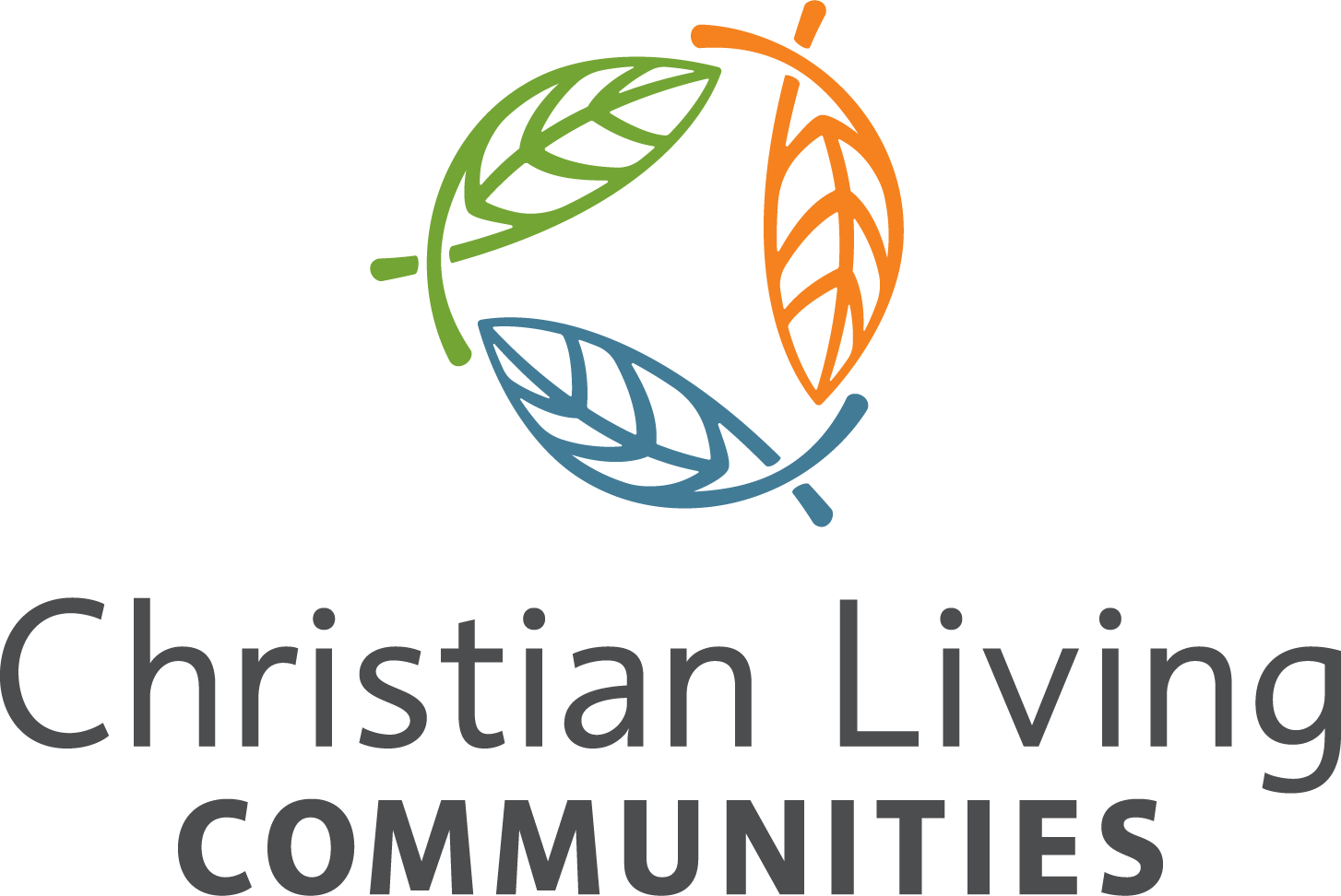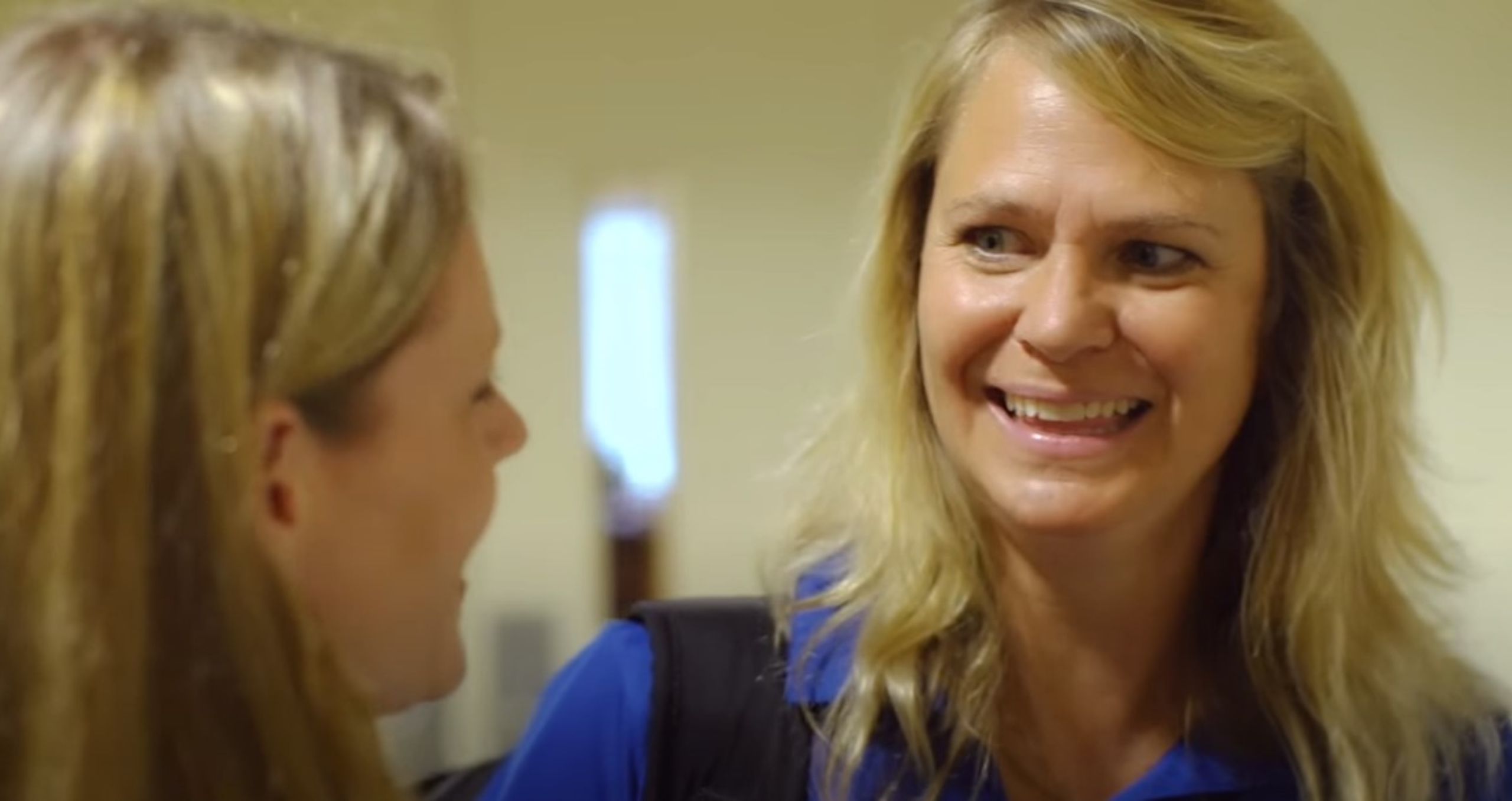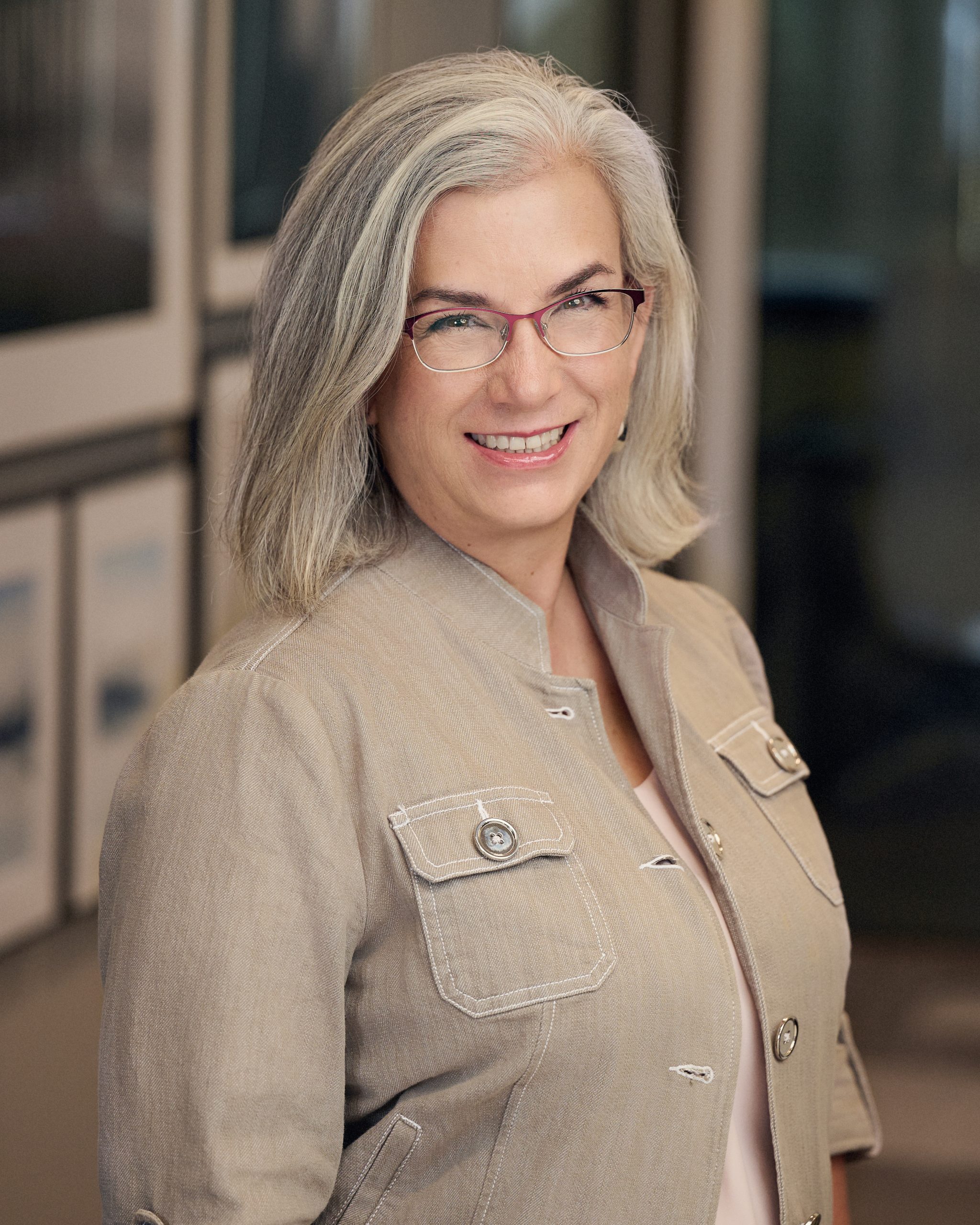Christian Living Communities is pleased to begin sharing our signature mentorship program with nearly 3,000 clinical team members in Wisconsin nursing homes by July 2024.
CLC's Mentorship program began in 2012 when Pat McBride, Vice President of Clinical and Compliance, was working to address CLC's dismal 49% clinical retention rate. CLC now enjoys an 87% overall clinical retention rate with the program's implementation. Wanting to share this success with others, CLC presents the mentorship program at numerous senior living conferences.
"We created a replicable program complete with training materials, leadership tools, best practices, and policies. But, more than that, we really work to help community leaders understand that the key to clinical workforce retention is how we welcome new team members. Central to its success is creating a "best friend" or mentor at work that is active through at least the first full year of employment," shared McBride.
In the News
National senior living publication McKnight’s Senior Living published a story on January 13, 2023 highlighting CLC's mentorship program and how the partnership with the state of Wisconsin came to be.
Nathalie Knopp, CLC's Director of Clinical Staff Development, presented the program at the 2018 Wisconsin LeadingAge Conference. Interest grew, and when Wisconsin Governor Tony Evers approved a $6 million investment in expanding WisCaregivers Career Workforce Development Program to specifically address the shortage of Certified Nursing Assistants (C.N.A) in the states' nursing homes, program leaders enlisted CLC's help.
"We wanted to implement CLC's Mentorship program statewide to improve clinical team member retention in our nursing homes and to reward our current workforce with bonuses. In addition, the program teaches employers onboarding best practices and helps make them more competitive in the crowded healthcare labor market," shared Kate Battiato, Vice President of Workforce Development for the Wisconsin Health Care Association and Wisconsin Center for Assisted Living.
The program model begins with a mentor recruitment and screening effort, training, and incentive program. Newly trained mentors are matched with new hire “mentees” who will receive support from their mentor for an entire year. The mentor/mentee relationship covers training topics. Still, the real magic happens in providing a supportive ear to listen and a shoulder to lean on when the job may feel overwhelming.
Over the years, Knopp has seen first-hand the difference the program makes, "We believe caring for older adults is sacred work, but it can also be taxing work emotionally, physically, and mentally. So having someone who is specially trained in adult learning and healthcare worker emotional support best practices is a game changer when it comes to retaining the best talent in a very competitive labor market."
McBride and Knopp have held two training cohorts so far for Wisconsin nursing home Certified Nursing Assistants (CNAs). The duo will host at least one more introductory cohort this spring. The program provides follow-up coaching but is intended to be replicable and sustainable by each community to ensure long-lasting retention improvement.
"CLC's vision statement is creating communities where aging is honored and celebrated," states McBride. "Of course, this guides our work at CLC for the communities we own and operate. But we also believe in contributing to others' success. Working with the state of Wisconsin and impacting the lives of so many clinical team members is extremely gratifying. I think of all the older adults who will have consistent and well-trained care partners, and it warms my heart."
Battiato echos McBride's sentiment, "Investing in caregivers is what we are all about. This is how we improve eldercare in our communities, one relationship at a time. CLC's Mentorship program is a good fit for what we are trying to accomplish in the next few years."
About the Author
Pam Sullivan, Vice-President of Strategy and Communications, joined the team in 2004 in the Donor Relations department. Since then, she has held various positions include Donor Relations Director, Executive Director of Marketing and Vice-President of Engagement. Pam is responsible for internal and external communications, branding and brand messaging, crisis communication and guiding and supporting strategic initiatives. She is a “go to” in figuring out new projects and building a work flow.



